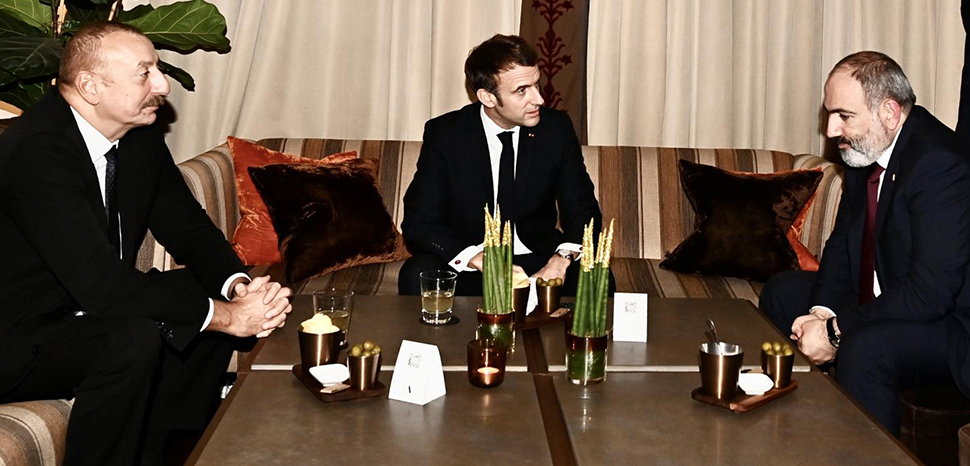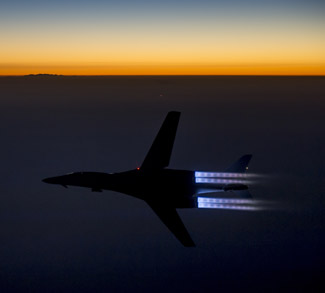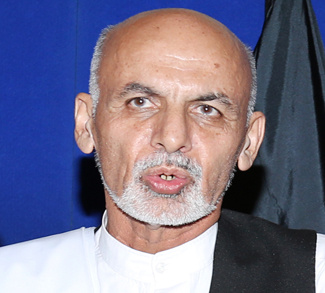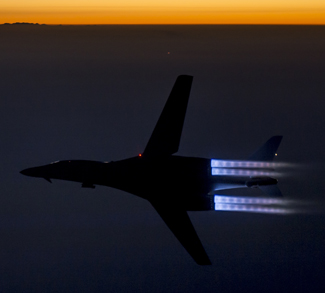As widely reported, France has recently agreed to sell an advanced air defence system, the Thales GM 200, to Armenia. In addition, the two countries have signed a memorandum of understanding according to which France will sell Armenia the Mistral short-range air defence system sometime in the future. Armenia, however, is already covered by a joint air-defence system with Russia. This was agreed between the two countries in 2015, and in 2016 the Armenian parliament ratified the agreement.
One might reasonably question why a NATO member is selling advanced technology to a member of the Russian-led Collective Security Treaty Organization (CSTO). Russia’s operational control over Armenia’s air defences makes it certain that the Russian military will scrutinize this technology and perhaps even appropriate it.
These relations raise the likelihood that the system will be inspected and reverse-engineered by Armenia’s (and Russia’s) ally Iran, which has already significantly penetrated Armenia’s military-industrial complex. Iran has also exported drones and drone-manufacturing capability to Russia for use against Ukraine.
One finds oneself asking, in colloquial terms: “What could France be thinking?” In fact, French diplomatic history sheds light on the situation, which has little to do with Armenia and everything to do with France’s centuries-long diplomatic conflicts and competition with Turkey on the one hand and, on the other hand, Britain.
French–British Diplomatic Rivalry over the Centuries
France’s historical geopolitical rivalry with Britain is an underestimated driver of its actions in the South Caucasus. Intense rivalries across multiple continents marked the opposition between the French and British Empires. Despite both countries today being NATO allies, Parisian diplomacy remains imbued with a sense of deep-rooted competition with London.
In North America, the French and Indian War (1754–1763) was part of the Seven Years’ War, a global conflict involving most of the European powers. In India, the 1757 Battle of Plassey meant the victory of the British East India Company over the French allies of a local hereditary ruler, paving the way for British dominance in the Indian subcontinent. The 1759 Battle of Quebec marked the end of New France and the ascendance of British rule in North America. In Southeast Asia, both powers sought to expand their influence through trade and territorial control: the British established strongholds in places like Singapore and Malaysia, while the French focused on Indochina.
The “Fashoda syndrome” compels France to oppose Britain geopolitically in regions wherever it detects the latter’s influence, regardless of the actual value of such regions to France’s direct interests. This is named after the Fashoda Incident, a late nineteenth-century military face-off between the two in Africa that turned into a major diplomatic defeat and national humiliation for France. The Fashoda syndrome continues to affect French foreign policy, influencing its actions in regions where it perceives the British to have significant interests.
France’s involvement in Armenia is, in addition to its other motives, also a manifestation of the Fashoda syndrome. France—unable to overshadow what it perceives to be Britain’s strong economic and political influence in the South Caucasus (through BP’s involvement in Azerbaijani energy development such as the offshore Shah Deniz natural-gas field)—seeks to establish a presence in neighbouring Armenia. Official Yerevan, by contrast, wishes to believe that France’s intentions in Armenia are driven by genuine concerns rather than by strategic rivalry with Britain.
French–Turkish Diplomatic Rivalry over the Centuries
From the sixteenth to the nineteenth century, the Ottoman Empire and France were dominant forces in the Mediterranean. Initially, they formed alliances against common adversaries but, as France’s colonial ambitions expanded over time, these began to conflict with Ottoman interests in North Africa and the Eastern Mediterranean.
The weakening of the Ottoman empire throughout the nineteenth century led to increased French colonization of North Africa, for example: Algeria, starting in 1830; Tunisia, in 1881; and Morocco, in 1912. France sought to assert its cultural and political dominance in these areas, diminishing any residual Ottoman influence as well as clashing frequently with the local populations.
In 1916, the Sykes–Picot Agreement divided much of the Ottoman-held Middle East between Britain and France. Paris gained control over large parts of the Levant, including the territories of present-day Lebanon and Syria.
In more recent years, the geopolitical landscape has shifted, as Turkey has sought to reassert influence in regions that were once part of the Ottoman Empire. France, meanwhile, continues to maintain significant political and economic interests in the Mediterranean and North Africa. Its moves in Armenia—besides ceding to pressure from its influential domestic Armenian lobby—reflect its longstanding and multifaceted hostility to Turkey.
Layered over the historical basis for the contradiction between French and Turkish interests in North Africa and in the Eastern Mediterranean, there is today a new economic element. That is the mutual opposition of their respective energy-development strategies. Each country has its favored national industrial “champions” as well as patron-client relations with different local elites in the regions. Via Armenia, France has simply devised a way to add the South Caucasus to its portfolio of anti-Turkish dossiers. It is using military sales rather than energy investment.
France and Armenia Today
France’s deepening security ties with Armenia diverge significantly from the policies of NATO and the EU, particularly considering Armenia’s entrenched security relationships with Russia and Iran. The idea that Armenia might leave the Russian sphere of interest has recently gained some currency. However, Armenia is a founding member of the Russian-led Collective Security Treaty Organization (CSTO).
Despite Armenian Prime Minister Nikol Pashinyan’s absence from the November 2023 CSTO summit, and despite his critiques of the organization’s inaction about Armenia’s previous requests for assistance, Yerevan has not initiated any legal process to exit the CSTO. Indeed, Armenian Deputy Foreign Minister Vahan Kostanyan told journalists on November 9 that Armenia is not even discussing the legal process of leaving the CSTO.
If Yerevan really would wish to “Westernize” its security dependence, then it would have to end its security relationships with Russia and Iran; otherwise, all that is involved here is public relations. Indeed Armenia’s relations with Russia have been cemented over three decades and are hardly limited to its membership of CSTO. These relations include Yerevan’s economic dependence on Moscow through its membership in the Russia-led Eurasian Economic Union bloc as well as Russian state companies’ dominance in the Armenian economy as a whole, notably in the transport sector (one of them owns the state railroad company), the energy sector (owning the gas-distribution system and managing the Metsamor nuclear power-plant), and the banking sector.
Some Western observers have suggested that Armenia could reverse its military and security orientation and join NATO and the EU. This view ignores not only the Russian dominance of Armenia’s economy mentioned above, but also the Russian military base at Gyumri with 3,000 Russian soldiers, as well as another air base with a squadron of attack helicopters at Erebuni Airport five miles from central Yerevan. It likewise ignores the fact that the Border Guard Service of the Russian FSB has responsibility for nearly all of Armenia’s international borders.
Moreover, the bilateral agreement on stationing Russian troops in Armenia runs until 2044 and, by its terms, neither party has authority to renounce it unilaterally. Consequently, the idea of Armenia Westernizing its security dependence, even if at some level Pashinyan may wish to do this, is a non-starter.
Conclusion
France’s recent military sales to Armenia, besides playing politically to its influential Armenian diaspora, are less about promoting South Caucasus stability than about competing with and provoking its long-standing diplomatic rivals Turkey and Britain. With a foothold in Armenia, France can also thwart any budding Armenia–Azerbaijan rapprochement. This is in the line of a traditional French diplomatic tactic that the veteran French international-affairs observer Pierre Hassner once explained to me: when France observes other countries seeking mutual cooperation between themselves, it looks for ways to introduce obstacles to that cooperation; by exploiting and widening the rifts between the two parties, France is then able to draw closer to one of the them while alienating it from the other.
Robert M. Cutler was for many years a senior researcher at the Institute of European, Russian and Eurasian Studies, Carleton University, and is a past fellow of the Canadian Global Affairs Institute.
The views expressed in this article belong to the authors alone and do not necessarily reflect those of Geopoliticalmonitor.com.




